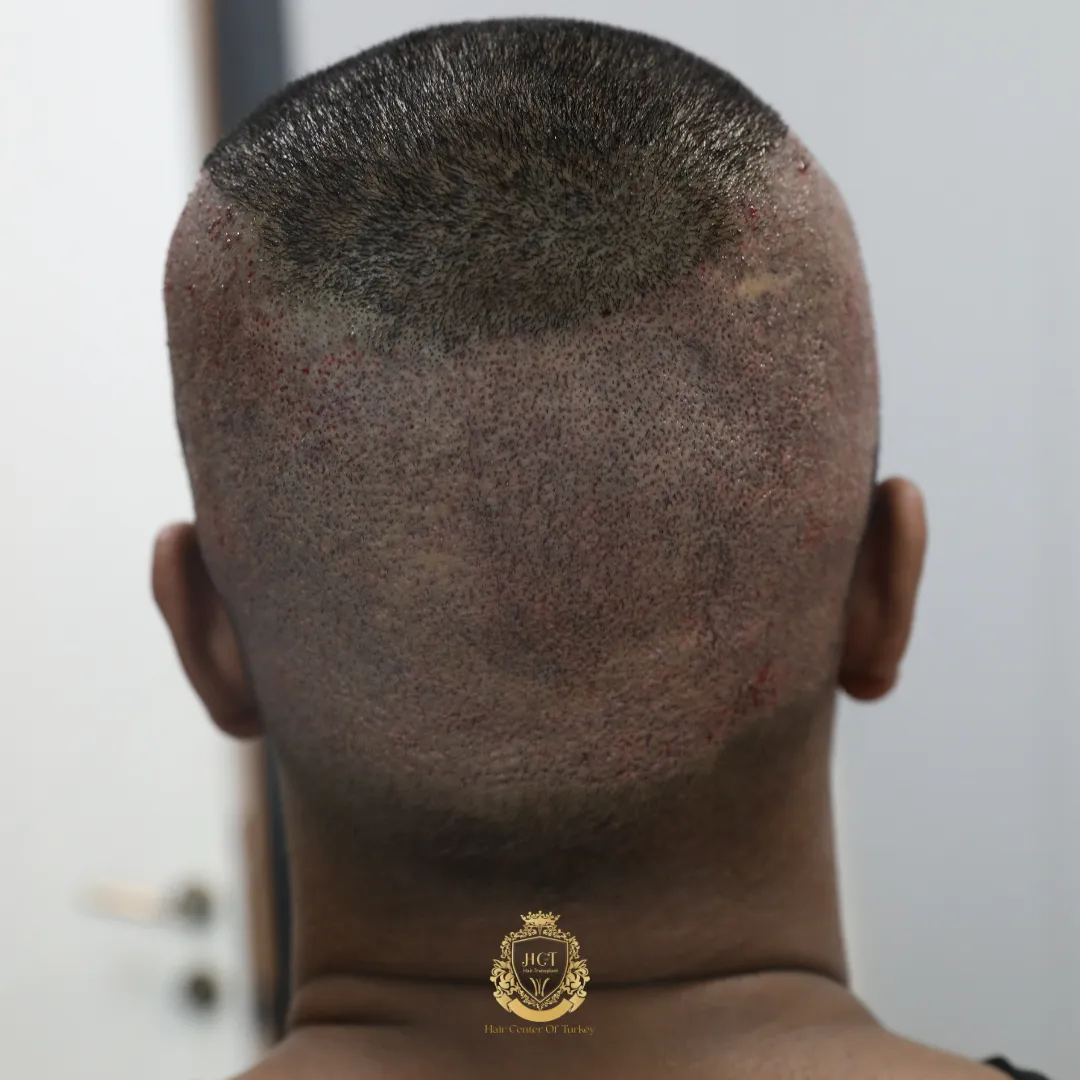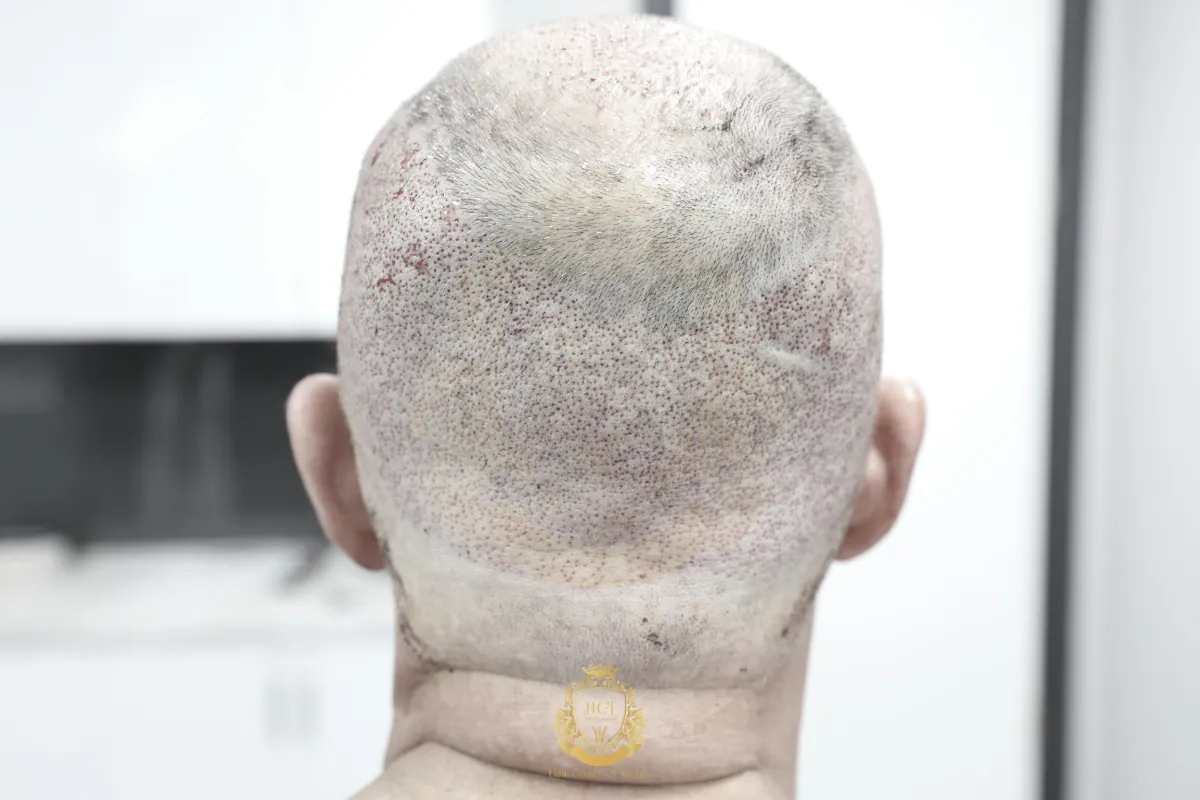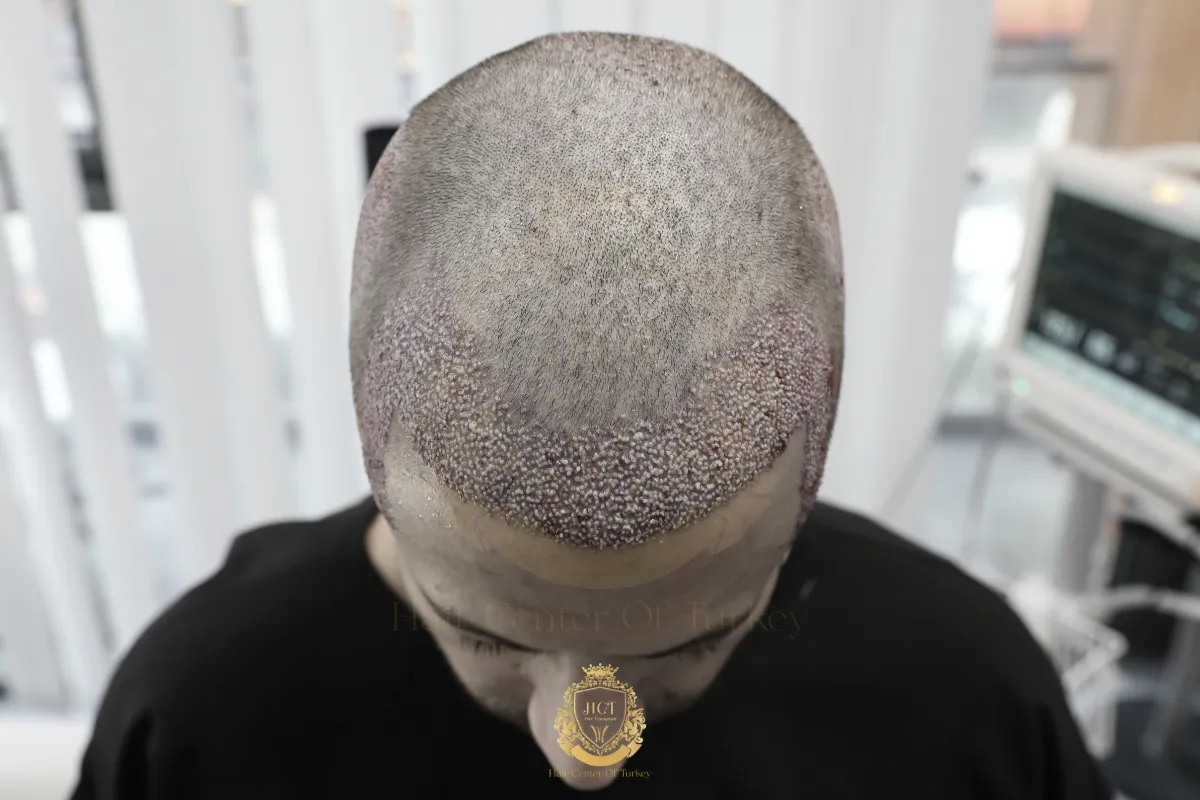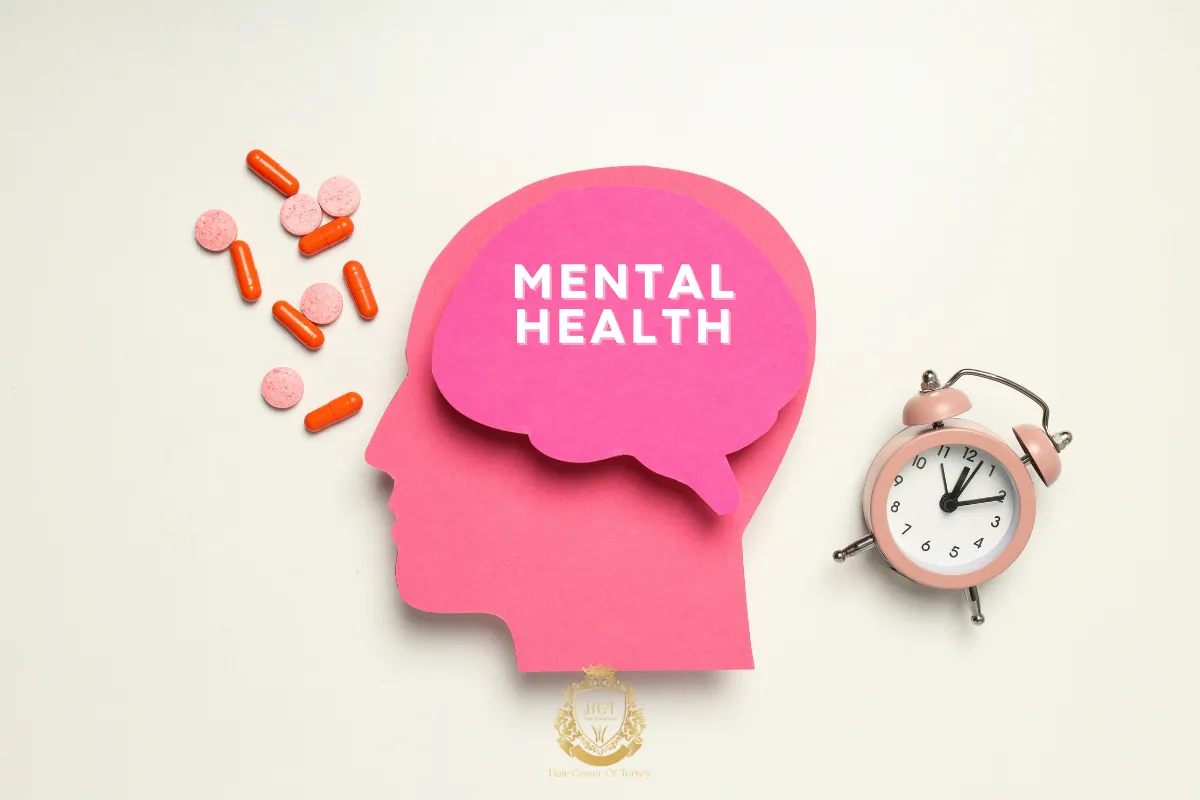
How to Cope With Trypophobia During a Hair Transplant
Hair transplant trypophobia is a strong aversion to the clusters of small openings that are made in the scalp when placing grafts. For many people, the reaction is more discomfort or disgust than fear. Coping with this reaction begins with understanding what is normal, using relaxation techniques, and gradually viewing images at your own pace. Cognitive behavioral therapy and exposure therapy can help.
Understanding Hair Transplant Trypophobia
Trypophobia is a commonly used term for the distress caused by patterns of small, closely packed holes or bumps. It is not a formal diagnosis in most clinical manuals, but the reaction can still be intense and very real for the person experiencing it. When the trigger is a hair transplant, the recipient sites on the scalp can be the visual cue that causes discomfort.

Why Hair Transplants Can Be Triggering
In many modern procedures, the surgeon creates small recipient sites so each graft can be placed at the correct angle and density. Immediately after surgery, these sites can appear as a tight pattern of small openings or dots. That appearance is temporary and usually changes quickly as swelling subsides and healing begins, but it can be difficult to look at if you are sensitive to these patterns.
Signs and Symptoms
People describe a mix of physical, emotional, and behavioral responses:
- Physical: goosebumps, itching, nausea, sweating, or a sensation as if the skin is crawling.
- Emotional: disgust, anxiety, irritability, or panic when imagining or seeing the recipient area.
- Behavioral: avoiding photos, videos, consultations, or conversations about hair transplants.

What Might Be Behind the Reaction
Visual Pattern Sensitivity and Disgust
Many people who recognize trypophobia describe a disgust‑based response to certain clustered patterns. This can show up as an urge to look away, a strong “ick” feeling, or a sense of contamination.
Disease Avoidance and Threat Signals
One theory is that clustered patterns resemble cues associated with skin irritation, parasites, or infections. Your brain may treat the visual pattern as a warning sign, even though you logically know it is harmless.
Past Experiences and General Anxiety
If you already struggle with health anxiety, needle sensitivity, or medical trauma, a hair transplant can amplify those feelings. In that case, the trypophobia trigger may be part of a broader anxiety response.

Coping Strategies That Help
Learn What You Will See and What Is Normal
Ask the clinic to explain what the recipient area usually looks like on day 1, day 3, and week 2. Understanding the healing process can reduce surprises, which often lowers anxiety.
Use Gradual, Controlled Exposure
Avoiding all visuals can make the trigger feel bigger over time. Instead, try controlled exposure: start with simplified diagrams, then brief photos, then short videos — only when you feel ready. Stop before you feel overwhelmed, and return later when your body is calm.
Practice Quick Calming Techniques
When your body starts reacting, use a short routine that signals safety:
- Slow breathing (for example, inhale for 4 counts, exhale for 6).
- Grounding: name 5 things you can see, 4 you can feel, 3 you can hear, 2 you can smell, and 1 you can taste.
- Progressive muscle relaxation: tense and relax muscle groups from feet to face.
Manage Your Triggers Without Isolating Yourself
If certain close‑up images consistently trigger you, limit them. Choose educational content that is less graphic and watch it in short intervals. If you need to research clinics, focus on outcomes and surgeon credentials rather than immediate post‑op photos.

Professional Treatment Options
Cognitive Behavioral Therapy (CBT)
CBT helps you identify the thoughts that intensify your reaction (such as catastrophic assumptions) and replace them with more accurate, calmer interpretations. A therapist can also teach coping skills you can use during consultations and recovery.
Exposure Therapy and One‑Session Approaches
Exposure therapy is a structured form of gradual exposure guided by a clinical therapist. Some people respond well to intensive formats designed for specific phobias, while others prefer a slower pace. The right approach depends on how strong your symptoms are and what feels manageable.
Medication for Anxiety (When Appropriate)
If your anxiety is severe, a clinician may discuss short‑term or longer‑term medication options. Medication is not a cure for a phobia‑like reaction, but it can reduce symptoms enough for therapy and coping skills to be effective.
Preparing for a Hair Transplant When You Have Trypophobia
Choose a Clinic That Communicates Clearly
Look for a clinic that explains every step and sets realistic expectations. Feeling informed and respected makes the experience less stressful.
Tell Your Surgeon What You Struggle With
You don’t have to share your full history. A simple explanation — “I am sensitive to clustered hole patterns and may feel faint or anxious” — is enough. Ask what they can do to reduce visual triggers during and after the procedure.
Plan Your First Few Recovery Days
Recovery is often when the trigger is strongest because the recipient area is visible. Consider arranging practical support at home, limiting mirror time at first, and scheduling check‑ins with the clinic so you feel reassured.
When to Seek Extra Help
If your reaction causes panic attacks, interrupts your sleep, or prevents you from doing normal daily tasks, reach out to a licensed mental health professional. If you feel unsafe or unable to cope, seek urgent support through local emergency services or a crisis line.
Frequently Asked Questions
Can Trypophobia Be Cured?
Many people reduce symptoms to a manageable level with therapy, coping skills, and controlled exposure. The goal is not to “force” yourself to like the trigger, but to feel calm enough to make decisions and move through recovery.
How Long Does Treatment Take?
It varies. Some people notice improvement within a few sessions, especially with structured exposure. If anxiety is broader or long‑standing, it may take longer to build steady comfort.
Can I Still Get a Hair Transplant if I Have Trypophobia?
Yes. Many people go through the procedure successfully by planning ahead, choosing a supportive clinic, and using coping strategies. If your symptoms are intense, combining those steps with professional therapy usually makes the process easier.




